TikTok Shop Raises Seller Fees Across Europe as Platform Pushes for ‘Content-Driven Commerce’ Expansion
Reading Time: 3 minutesTikTok Shop is raising its sales commission for merchants across five active…
In today’s rapidly evolving digital landscape, data has emerged as the cornerstone of successful eCommerce strategies. For Direct-to-Consumer (DTC) brands, leveraging data effectively can mean the difference between standing out in a crowded marketplace and getting lost in the noise. From understanding customer behavior to optimizing campaigns, data provides actionable insights that drive growth, enhance customer experiences, and set a base for strategic decision-making. Amidst this data-driven upheaval, new platforms are continually reshaping the eCommerce ecosystem, and TikTok Shop is at the forefront of this transformation.
As an emerging and increasingly influential channel, TikTok Shop offers DTC brands unparalleled opportunities to reach and engage with a diverse and highly interactive audience. The platform’s unique blend of entertainment and commerce enables brands to create authentic connections, showcase products creatively, and tap into viral trends that can propel sales and brand awareness to new heights.
However, to fully harness the potential of TikTok Shop, integration with existing systems and data infrastructures is essential. Seamless integration ensures that valuable data from TikTok Shop is captured, analyzed, and utilized alongside other customer and sales data. This provides a comprehensive view of performance and consumer behavior. This holistic approach enables brands to make more informed, data-driven decisions and optimize operations across all channels. Moreover, this also helps in delivering consistent and personalized experiences that resonate with their target audience.
TikTok Shop is not merely an add-on; rather it’s a fundamental rethinking of the intersection of social media and mCommerce. In a nutshell, TikTok Shop isn’t about buying, it’s about enabling scrollers to experience a brand in a never-before immersive and engaging manner.
The analytical strategies and tools serve as a robust engine driving businesses upscale.
Brands must adopt a multifaceted strategy that amalgamates with analytics-driven insights to help them garner a commanding presence on TikTok Shop. Armed with relevant analytics information, businesses can tailor their products to align seamlessly with the ever-evolving dynamics of TikTok.
Not just this, a meticulous understanding of data-driven analytics, audience resonance, and engagement rates can assist brands in creating synergies with partners that align well with their brand ethos, both influencers and integration solutions.
In today’s contemporary digital arena, the paradigm has shifted from mere data collection to its interpretation, none of which is achievable with data silos and fragmentation. Data lakes today have emerged as a dynamic crucible where real-time data analysis is forged.
Data silos negatively impacts the businesses. The data metrics vital for understanding business can also act as a burden when there is a lack of visibility, timely interpretations, and actionable tools to combine fractured data lakes into one stream. Some of the challenges of data fragmentation are:
As suggested before, data silos do more harm to a business than a lack of data capturing. It is prominent for brands to invest in integration systems that synchronize the analytical data of TikTok Shop with other business systems to optimize a store for success.
An integration solution extracts data, transforms it into a snackable format, and loads it into a second system.
For example, TikTok Shop Connector by CedCommerce helps in centralizing sales data and product performance data of the analytical suite through real-time synchronization between a Shopping Cart and TikTok Shop store. With this app, disparate data can be integrated to facilitate more harmonized business processes, leading to optimal efficiency between the TikTok Shop store and Shopping Carts. The overarching strategy of this app is designed to be scalable and flexible to ensure consistency across various data points.
In today’s data-driven eCommerce environment, timely and accurate insights are crucial for making informed business decisions. However, manually compiling and analyzing data from various sources can be time-consuming and prone to error. This is where integration and automation come into play, transforming the way businesses manage and utilize their data.
In today’s competitive eCommerce landscape, understanding your customers is crucial for driving engagement, conversions, and loyalty. One of the most effective ways to achieve this is by building comprehensive customer profiles, which allow you to deliver targeted and personalized experiences. Integrated data plays a pivotal role in this process by consolidating information from various touchpoints into a single, unified view of each customer.
For example, by integrating data from your TikTok Shop, website analytics, and email marketing platform, you can track a customer’s path from discovering your brand on TikTok to making a purchase and receiving follow-up communications. This holistic view allows you to understand each customer’s preferences, behaviors and needs in detail.
Upon creating customer profiles, you will have a clear idea of the products and their purchase behavior. Inventory and supply management becomes unparalleled important at this stage to ensure there are no stockout situations. Integrated data about inventory and its supply provides a comprehensive overview of products. This will help in avoiding the situation of overselling or underselling, thereby streamlining the revenue stream of a brand.
The integration solution for selling on TikTok Shop helps act as a bridge between a shopping cart and TikTok Shop. This helps in data consistency and syncing, aiding operational efficiency. Equipped with a user-friendly interface and cutting-edge technological capabilities, this integration helps DTC brands in effortlessly syncing of product listings, inventory, and pricing details across the platforms and the channel. To give an overview, the integration for selling on TikTok Shop aims to cover the following benefits for a brand:
Integration solutions require automation of myriad tasks and are indispensable for growth. Something so crucial is also bundled with challenges and considerations that the right solution must address. The primary challenge is ensuring the compatibility of an integration solution with existing systems to avoid disruptions of operations. Next, ensuring data security and privacy is another challenge in this automation. Data privacy requires robust security protocols like encryption, firewalls, and others. Loads of traffic entering the system after the implementation of process automation is, yet another challenge that needs to be addressed for integration to survive the industry’s growth trajectory.
Process automation of TikTok Shop integration enables businesses to invest in high-value work within their current climate. This leaves the complex and repetitive tasks to a tech model and minimizes the workarounds. Therefore, it enables channels to stay floated in the growing domain of social commerce and retain their seller base with ease.
Mastering sales on TikTok Shop is about wielding data-packed strategies to dominate the social commerce channel. The synergy between analytics-driven insights and their integration forms the crux of the success of TikTok Shop.
In today’s time, eCommerce integration is not a luxury. It’s a must-have strategy to maintain your competitive edge at all times.
Building integration solutions is not just connecting apps; it’s building bridges to success. Brands that harness the power of analytics and their proper utilization to make decisions stand poised to dominate the evolving space of social commerce by understanding their audience and optimizing their listings. In other words, the fusion of integration, innovation, and data-driven decision-making is the key to staying ahead and dominating the dynamic landscape of TikTok Shop.

Reading Time: 3 minutesTikTok Shop is raising its sales commission for merchants across five active…

Reading Time: 11 minutesBy now you have seen your BFCM 2025 numbers. The harder question…

Reading Time: 3 minutesAbout the Brand Name: Vanity Slabs Inc Industry: Trading Slabs- Vanity Slabs…
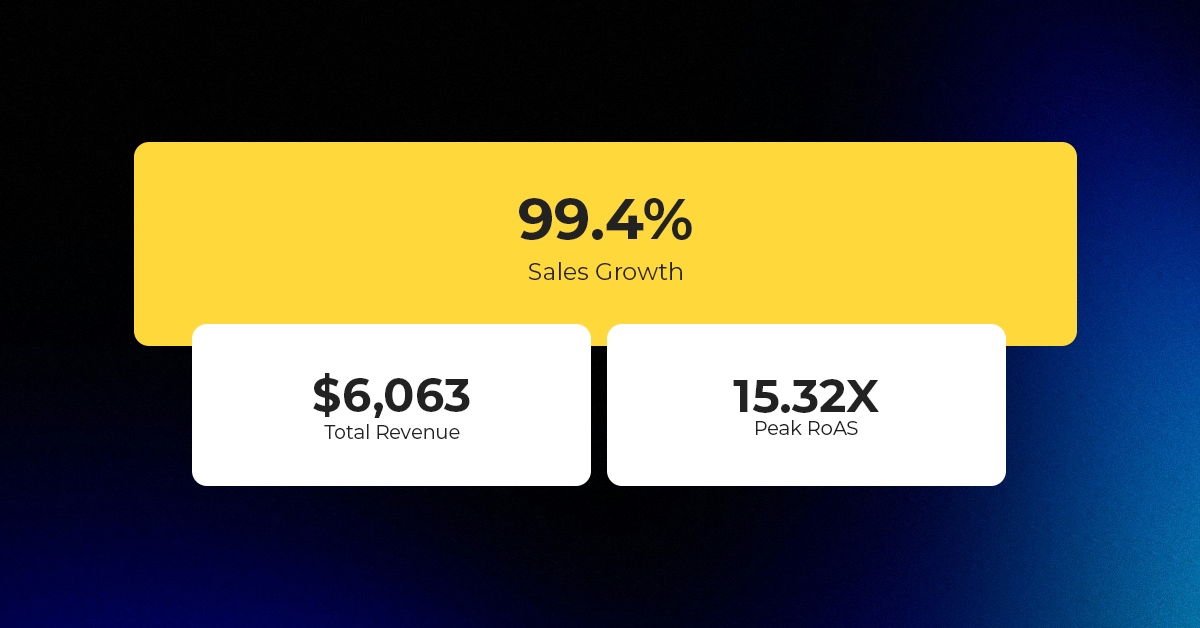
Reading Time: 2 minutesAbout the Brand Name: Ramjet.com Industry: Automotive Parts & Accessories Location: United…

Reading Time: 2 minutesAmazon is rolling out strategic referral fee reductions across five major European…
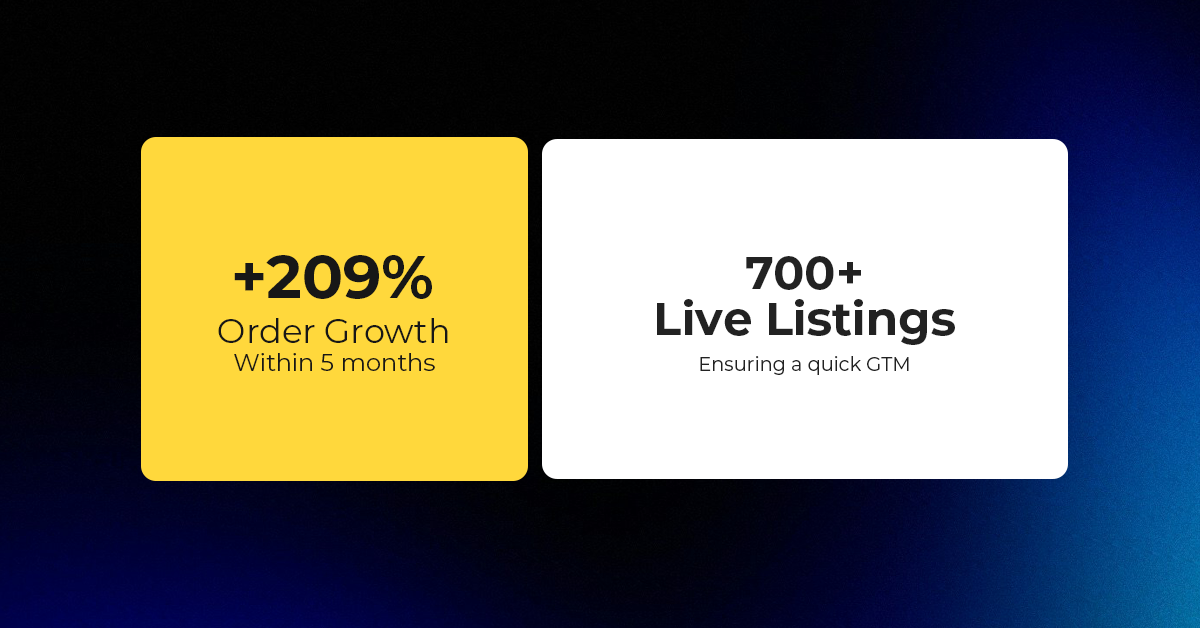
Reading Time: 4 minutesQuick Summary: Scaling Lifestyle Powersports on eBay with CedCommerce Challenge: Zero marketplace…

Reading Time: 4 minutesTikTok has surpassed 460 million users across Southeast Asia, reinforcing its position…

Reading Time: 3 minuteseBay has released its final seller news update for 2025, with a…

Reading Time: 3 minutesAmazon has clarified its stance regarding speculation around a potential breakup between…
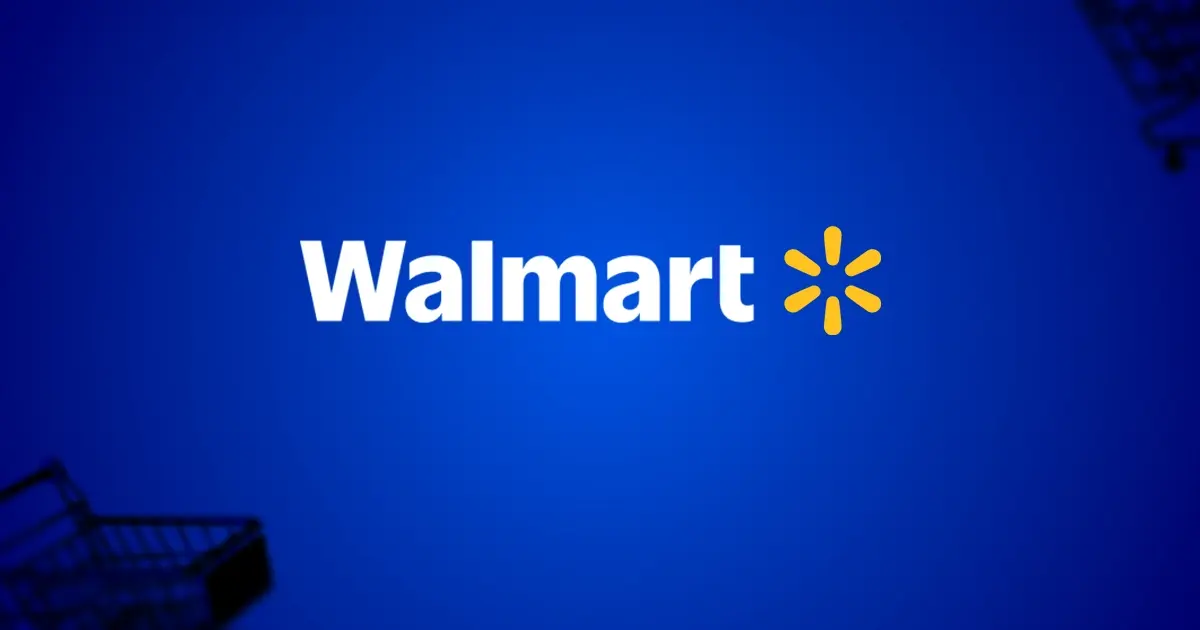
Reading Time: 4 minutesWalmart is accelerating its push into next-generation fulfillment by expanding its drone…

Reading Time: 4 minutesFaire, the fast-growing wholesale marketplace connecting independent retailers with emerging brands, has…

Reading Time: 4 minutesB2B buying in the United States is undergoing a fundamental behavioral shift…

Reading Time: 3 minutesSummary Cyber Monday 2025 has officially become the largest online shopping day…

Reading Time: 2 minutesSummary Amazon kicked off December with two major developments shaping the future…

Reading Time: 2 minutesSummary Walmart has entered December with two major moves that signal a…

Reading Time: 2 minutesBlack Friday 2025 delivered the strongest U.S. eCommerce performance in history, as…
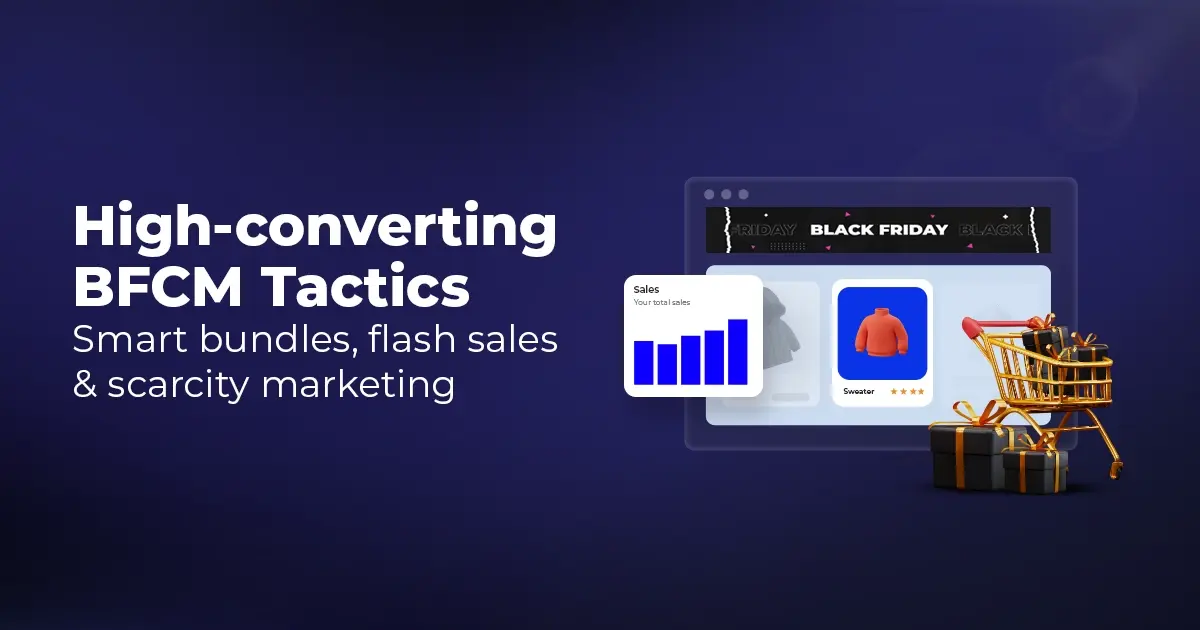
Reading Time: 13 minutesStill approaching BFCM with generic discounts, last-minute price cuts, or scattered promotions?…

Reading Time: 3 minutesTikTok Shop reached a major milestone during its largest U.S. “Global Black…

Reading Time: 3 minutesOpenAI has announced a new AI-powered shopping research tool designed to help…
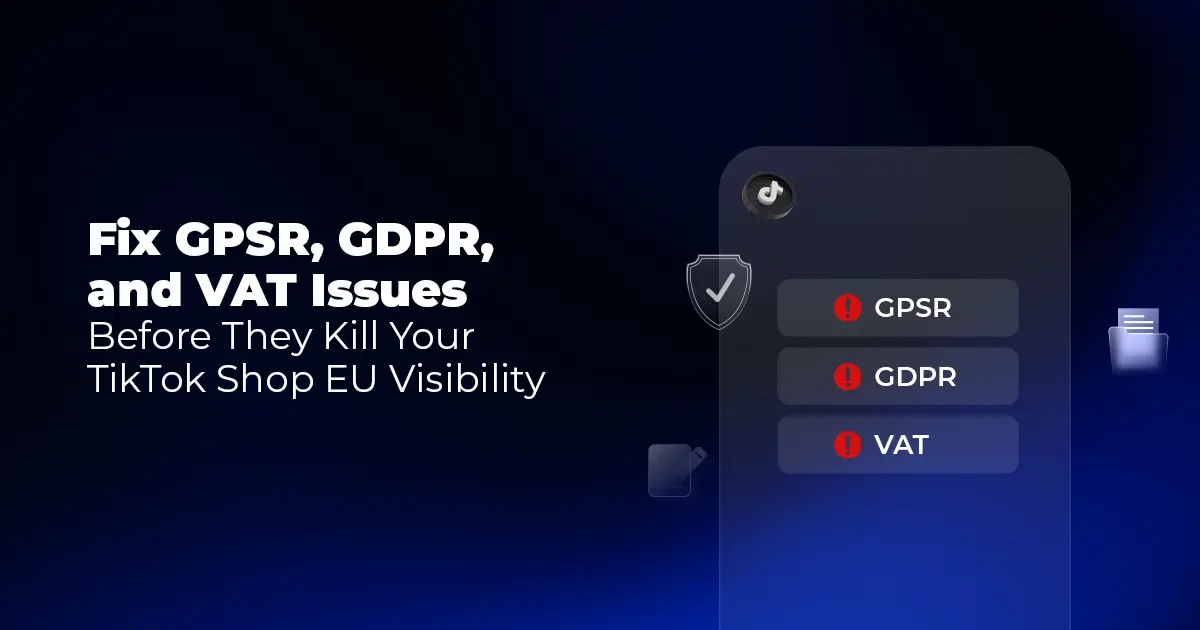
Reading Time: 9 minutesIf your TikTok Shop listings often sit in review or your visibility…